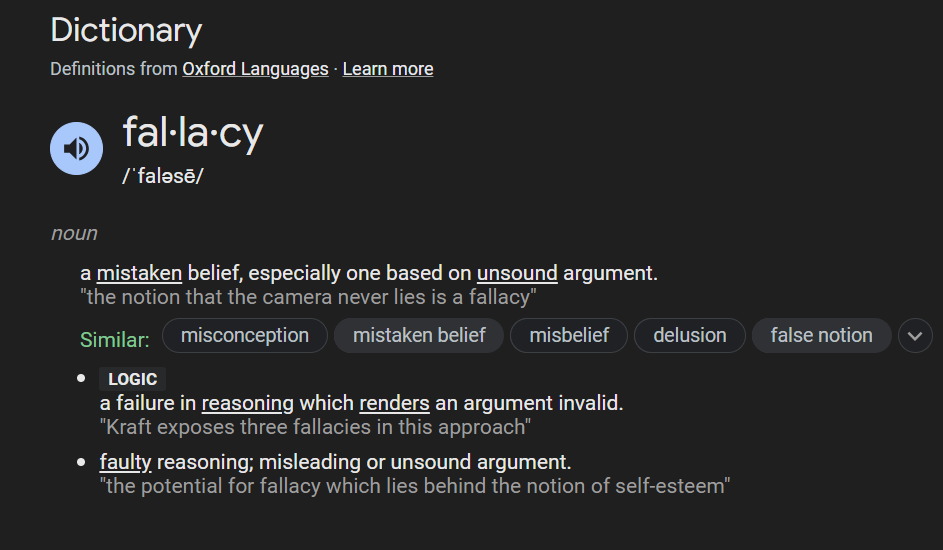I’m going to echo what has been said already by others.

Yes, you’re in the right place. You’re here for Dungeons & Dragons night, right? Come in. Have a seat. Do you have a character yet?
Okay, let’s roll up a character really quick. Roll these three ordinary six sided dice six times and write them down. What’d you end up with? The conversation continues on from there. Soon Bob the Human Fighter is born. And then you’re ready for your first ever adventure in D&D.
All you have to do is use a little imagination and tell us what your character would do in every given situation. Be heroic! Take chances! Have FUN!!!
Disclaimer: Statements expressed in this article are strictly my opinion. If you disagree or have a different opinion, that’s okay. I’m not an expert on everything. I’m not always right. I’m just writing from my experience as I know it. Your mileage may vary.
Don’t let anyone tell you, “You’re doing it wrong.”
That particular fallacy just needs to go away. It’s a stupid notion based on false authority, usually by some talking head on YouTube that thinks he’s the ultimate expert on “roleplaying.” Trust me, these guys have heard “You’re playing it wrong,” before, too. We have been hearing silly arguments like that since about 1975, a year after D&D came to life. Probably around the time the next wave of miniatures gamers and college students sat down to play for the first time.

Are you having fun? Then you did it right. It’s a game. That’s what we do. We have fun.
Unlike board games, card games, and miniatures wargames, TTRPGs aren’t about who wins and who loses. They’re open ended. They’re about characters and adventures. They’re about Exploration, Combat, and Social Interactions. Your choices matter!
40 years or 40 minutes in, we’re all equal here.
Sure, I’ve been around for a long, long time in the TTRPG hobby. Every player’s opinion counts. You matter. I matter. Everyone at the table matters. No one’s opinion of what constitutes “good roleplaying” is any more or less valid.

Your character boisterously announces everything in a loud Shakespearean accent? Awesome! You’re a new player who only speaks for their character very timidly whenever they have something to maybe add to the discussion because they take notes and pay very close, mindful attention to everything. Awesome! Showed up, ate pizza, not playing on your phone, paying attention? Awesome!
Seriously, I used to sit in and listen to other people’s games back before Actual Play was a thing. We didn’t have YouTube or Twitch. It was a very primitive time when gaming groups only really met in person. They’d ask if I wanted to make a character and jump in and I’d politely decline because I just wanted to watch the interactions. It’s a way to learn more about the hobby sometimes.
Still, were they having fun? Yes. Awesome!
I can sit here all day listing the things you don’t have to be in order to roleplay.

What’s more important is what it does take to enjoy the TTRPG hobby. Bring yourself, a pencil, maybe a set of dice would be good. (d20, d12, d00, d10, d8, d6, and d4 is what I usually carry. That works for D&D and several other games.) Maybe bring a notebook and possibly a character sheet if the DM/GM doesn’t provide one. That’s it.
What about all the books? Are you a player? Then you at most need a Player’s Handbook or the Core Rulebook for some non D&D games. If you’re a new DM or GM, you’ll likely want the DM’s Guide and Monster Manual, too. They’re not absolutely necessary, but it couldn’t hurt. (Non D&D fantasy games sometimes only have a Core rulebook and maybe a monster book.)
The most basic tool at every game table is (are you ready?) Imagination. Creativity is at the core of the TTRPG hobby. Can you put yourself in the character’s shoes enough to react to what’s going on around them? If you see TTRPGs more as a board game, you can move, attack, talk, or flee. If you see it in video game terms, you can make any decision you’d like, but there could be unseen consequences to your actions. There are no “devs” and everything is open world.
Theatrical and literary people probably have it the easiest. Instead of reading their character’s actions- they’re creating them as they go. Are they any better at it than anyone else? Not really. Actors and avid readers might catch onto how to play a character faster, and maybe they prefer a more immersive experience, but they’re not better per se.

I know Matt Mercer and his cast of voice actors on Critical Role get really into character and do all kinds of wacky things. That’s great for them. Their roleplaying experiences are no better or worse than the rest of us. Sure, they go deep into character and Mercer brings out a better performance from his cast, but that’s to be expected from professional voice actors in front of a camera. (Critters, please don’t get mad. I’m not disrespecting anyone.)
The Critical Role cast’s experiences are no more or less valid than five kids sitting around in the public library basement figuring out the D&D Starter Set for the first time. Try watching five old guys sitting down with a copy of a brand new game sometime and you might see very similar behavior. The end result is almost always the same- A good time was had by all.
Thank you for being here today with me. I appreciate you. Please embrace the things that bring you the most joy.


